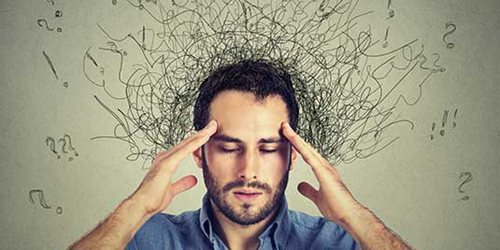
OCD affects men and women in roughly equal numbers and usually appears during childhood, adolescence, or early adulthood. A third of adults with OCD develop symptoms during childhood, and research suggests that OCD can run in families.
In OCD, the patient experiences persistent unpleasant (obsessive, obsessive) thoughts and uses rituals (compulsive actions) to control the anxiety caused by these same thoughts. For example, if a person is obsessed with the fear of infections, he develops a compulsion to wash his hands all the time.
The course of the disease is very variable, symptoms may come and go, subside over time, or worsen. If OCD becomes severe, it often interferes with a person's work or normal household chores. Traditional treatment plans include psychotherapy, and possibly the addition of antidepressants. However, as with other mental illnesses, not everyone responds to standard treatments.
Dr. Carolyn Rodriguez, Associate Professor at Columbia University in New York, presented a study at the annual meeting of the American Psychiatric Association showing that ketamine rapidly reduces OCD symptoms.
“What I admire most about ketamine is that it works differently than traditional antidepressants,” Rodriguez said. “By using ketamine, we hope to understand the neurobiology [of the disease], which can lead to safe and fast-acting treatments. I feel this is part of my mission as a physician and researcher."
Guided by the principles of integrative, holistic medicine, combining psychotherapy with ketamine infusions, transcranial electrical stimulation (TES), rehabilitation of the brain "Neurohelp"With body-oriented therapy, we achieve greater treatment effectiveness, which gives patients the opportunity to regain control over their lives.
